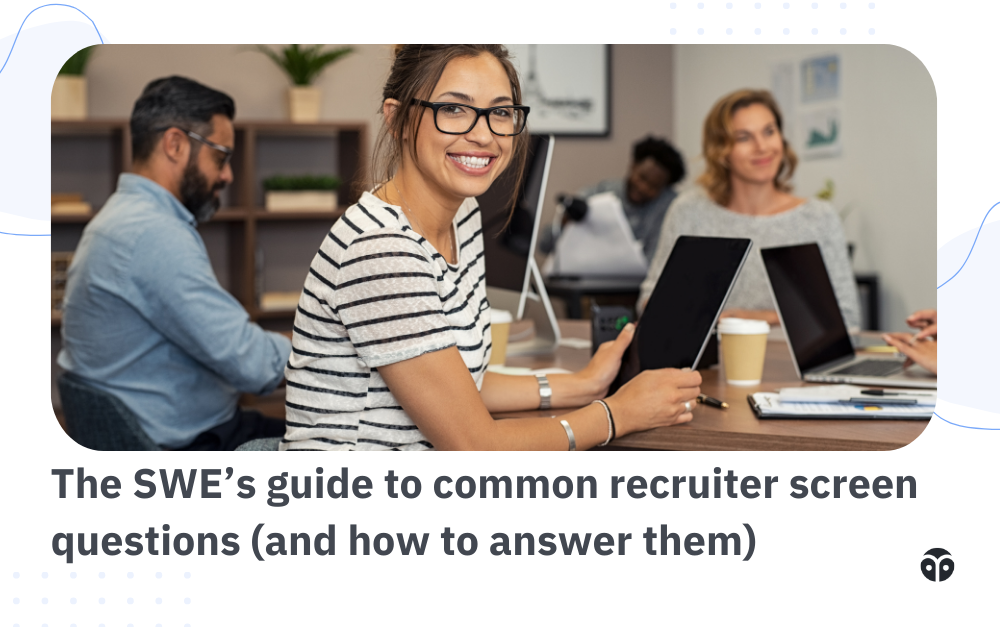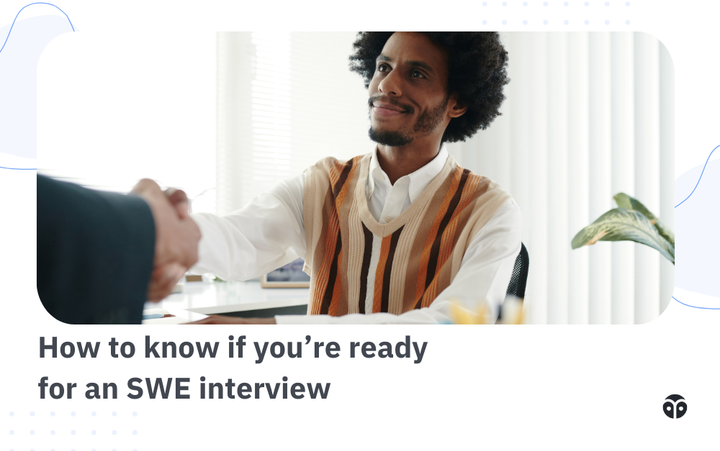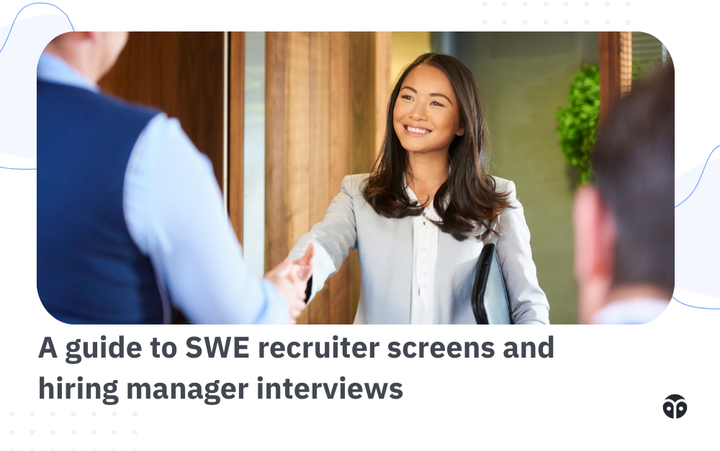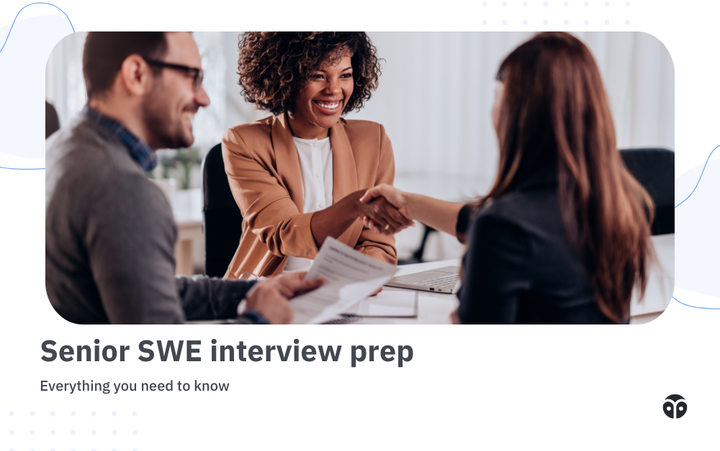The Software Engineer’s guide to common recruiter screen questions
Prepare for software engineer recruiter screens by learning the most common questions and how to answer them strategically.

The recruiter call is often your first impression with a company, and it’s an important one.
While recruiters won’t dive deep into algorithms or system design, they're there to assess whether you're a good fit for the role and the organization. To help you nail this stage, we've compiled a list of the most common questions recruiters ask during an initial phone screen — along with tips on how to approach them.
Prepare for these core questions
Recruiters will ask a variety of questions, but some are almost guaranteed. These include foundational questions that help them assess your experience, motivations, and expectations. Be ready to answer these confidently:
1. Tell me about yourself.
This classic question sets the stage. Keep your response concise, covering your professional background, key accomplishments, and what you’re currently focused on.
2. What are you currently working on?
Recruiters want to understand your day-to-day responsibilities and how your current role aligns with the job you're applying for. Highlight relevant projects and skills.
3. What would you like to see in your next job?
Be honest but strategic here. Focus on growth opportunities, new challenges, or technologies you’re eager to work with.
4. Other interviews.
Recruiters often ask about your interview activity at other companies to gauge how competitive the hiring process might be. Expect questions like:
- What other companies are you speaking with?
- Where are you in the interview process with other companies?
- Do you have any offers?
Be transparent but tactful. You don’t need to name every company, but providing some context helps recruiters manage timelines.
5. What are your salary or compensation expectations?
This question can be tricky. Research salary ranges for similar roles beforehand, and be prepared to give a range or indicate flexibility.
We typically recommend keeping it vague so that you do not accidentally set an expectation of a lower number than you may be eligible for, but if you need to give a range, make sure it is well-researched.
With many job postings listing the ranges due to legal requirements these days, it can sometimes be straightforward to see what the role’s budget is and how you should phrase your range if needed.
6. What questions do you have for me?
Always have a few thoughtful questions prepared. Ask about the company’s culture, what success looks like in the role, or growth opportunities. This shows genuine interest and helps you gather important insights.
Other questions you might encounter
While the core questions above are likely, recruiters may tailor additional questions to explore your background, experience, and motivations more deeply. Here’s a breakdown by category:
Logistics questions
Recruiters often need to assess your availability and timeline for hiring. You may hear:
- When would you be available to start?
Be ready with a clear response, especially if you’re currently employed or have any commitments.
Personal and career trajectory questions
Recruiters want to know more about your long-term goals and motivations. Questions might include:
- Why do you want to change jobs? Why now?
- What do you want to do 5 years from now?
- Tell me how you think other people would describe you.
- What is the riskiest decision you've ever made, and how did that pan out?
Answer these questions thoughtfully, demonstrating self-awareness and a clear vision for your career.
Experience and past projects
Recruiters may explore your technical background and past work to understand your fit for the role. Expect questions like:
- What languages do you know?
- What is your experience with [specific language]?
- Walk me through your experience on your resume.
- Tell me about your past projects.
Focus on relevant experiences that showcase your skills and problem-solving abilities.
Company interest questions
Demonstrating that you've done your homework on the company is crucial. Recruiters might ask:
- Why should we hire you?
- Why do you want to work here?
- What do you know about us?
Research the company’s products, mission, and recent news before the interview. Your answers should reflect that knowledge.
Role-specific questions
Recruiters also assess how well you understand the role you’re applying for. Be ready for questions such as:
- What do you know about this position?
- Why do you want this role?
- Tell me about your previous roles.
Highlight how your skills and experience align with the job description.
Product knowledge questions
If you’re applying for a product-focused role, recruiters may evaluate your familiarity with the company’s offerings. Example questions include:
- What is something you'd improve about our product and why?
- What is one thing about our product that you think we do well and why?
- How would you describe our product to someone who’s never used it?
Provide constructive feedback and thoughtful insights that demonstrate both curiosity and a problem-solving mindset.
A two-way street
Recruiter screens might seem straightforward, but they play a crucial role in the hiring process. Think of it as a way to set the tone for the rest of your interviews. Recruiters want to understand your story, motivations, and how you’d fit within the company. Being ready for these questions will help you feel more in control of the conversation.
At the same time, remember that it’s also your opportunity to assess whether this role and company are right for you. Use the recruiter screen as a chance to learn, clarify expectations, and move one step closer to landing the role that fits your goals.
Get holistic interview prep with Formation
The Formation Fellowship gives mid-level and senior engineering job seekers everything they need to land their dream roles—including personalized skill brush-ups, resume help, unlimited mock interviews with experienced software engineers and hiring managers from top-tier tech companies, career and negotiation support, and more.
If you’re having trouble navigating your job search on your own, apply here and get unconditional support from a team of engineering mentors, technical recruiters, career coaches, and more.



